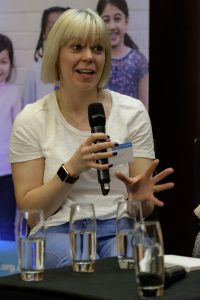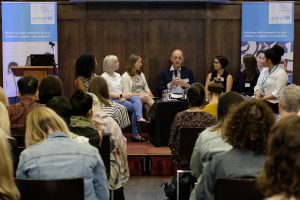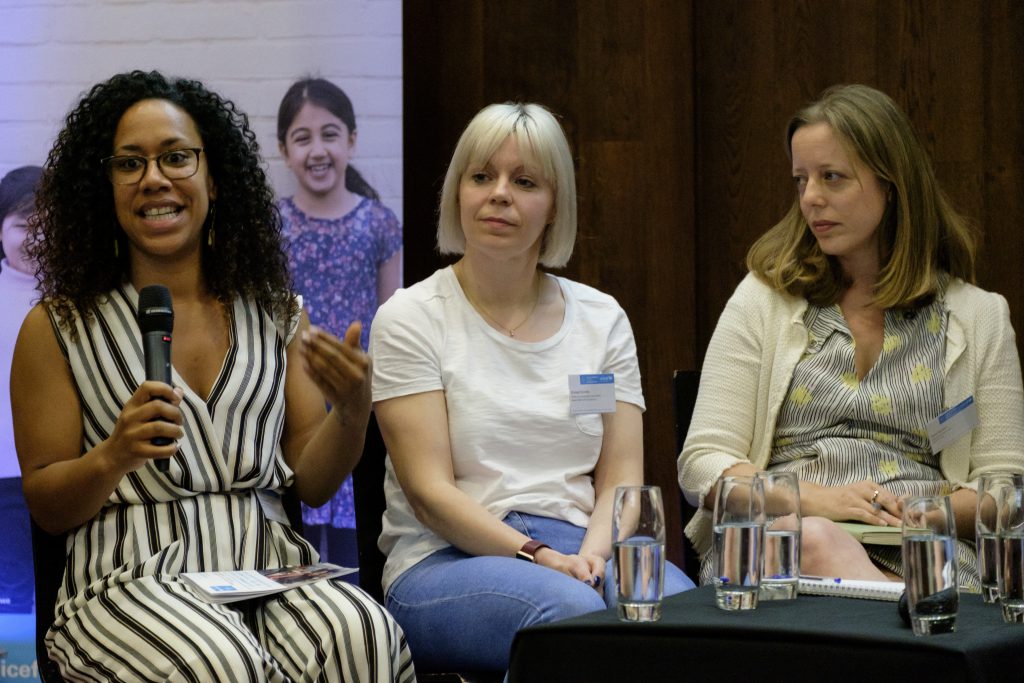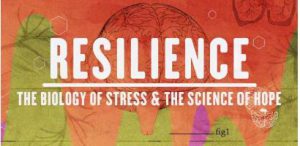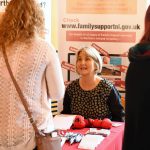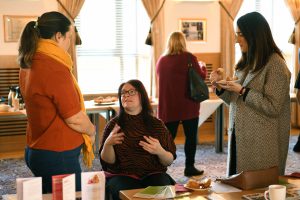Bronagh Donnelly, CYPSP Locality Planner, with the Western Area Outcomes Group, for Derry City and Strabane locality, attended the Children’s rights at 30 conference held in St Martins in the Field in London in May 2019. This was looking at the Child Friendly Cities & Communities UNICEF UK programme that works with councils to put children’s rights into practice – which is currently being rolled out throughout the UK including Derry City and Strabane as well as Aberdeen, Barnet, Cardiff, Liverpool and Newcastle.
|
|
The programme aims to create cities and communities in the UK where all children – whether they are living in care, using a children’s centre, or simply visiting their local library – have a meaningful say in, and truly benefit from, the local decisions, services and spaces that shape their lives. The programme is part of Child Friendly Cities – a global UNICEF initiative launched in 1996 that reaches close to 30 million children in 40 countries.
In the UK, UNICEF provides training based on the United Nations Convention on the Rights of the Child and supports councils, their partners, and children and young people, as they work together on an ambitious three-to-five-year journey towards international recognition as a UNICEF Child Friendly City or Community.
For more information please visit: unicef.org.uk/child-friendly-cities
ABOUT THE EVENT
30 years ago the United Nations Convention on the Rights of the Child (UNCRC) was adopted by the UN General Assembly – setting out the civil, political, economic, social and cultural rights that all children (under 18) everywhere are entitled to. Today, the Convention has been ratified by every country in the world except for the United States, making it the most widely ratified human rights treaty in the world.
Children’s rights at 30: A powerful tool for cities & communities will celebrate the UNCRC turning 30, while shining a light on the enormous challenges councils in the UK continue to face as they work to protect the rights of the country’s most vulnerable children.
During the event, keynote speakers set the scene for the day, speaking first on the significance and aspirations of the UNCRC as set out in 1989, followed by the reality of life for children and young people growing up in the UK in 2019.
Speakers and panelists considered how children’s rights – in particular a child rights-based approach – can bring councils and their local partners together to help improve the effectiveness and legitimacy of the local decisions, services and spaces that shape children’s lives. Bronagh was one of the panelists that spoke about Derry City & Strabane’s journey so far in bringing a child rights-based approach to life by sharing practical examples of how local authorities are putting children’s rights into practice.
This was an opportunity to showcase the work local authorities/council areas are doing to embed children’s rights in their communities and the impact this has had, as well as advocate for a whole-area approach to working with and for children and young people. They spoke about systems change – how children’s rights help us to look across cities and communities, see how services work together, and understand their impact on children and young people.
Finally young panellists shared how children’s rights have provided them with a platform to be heard and influence change at the local and national level. The event closed with a final panel showcasing innovative and inspiring youth-led solutions to some of the country’s most pressing local challenges.

